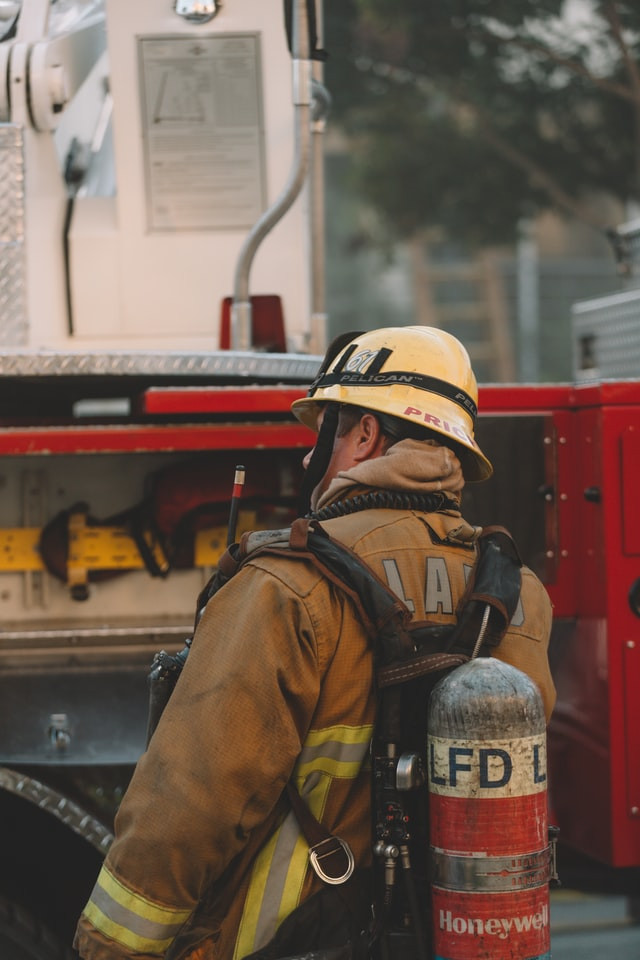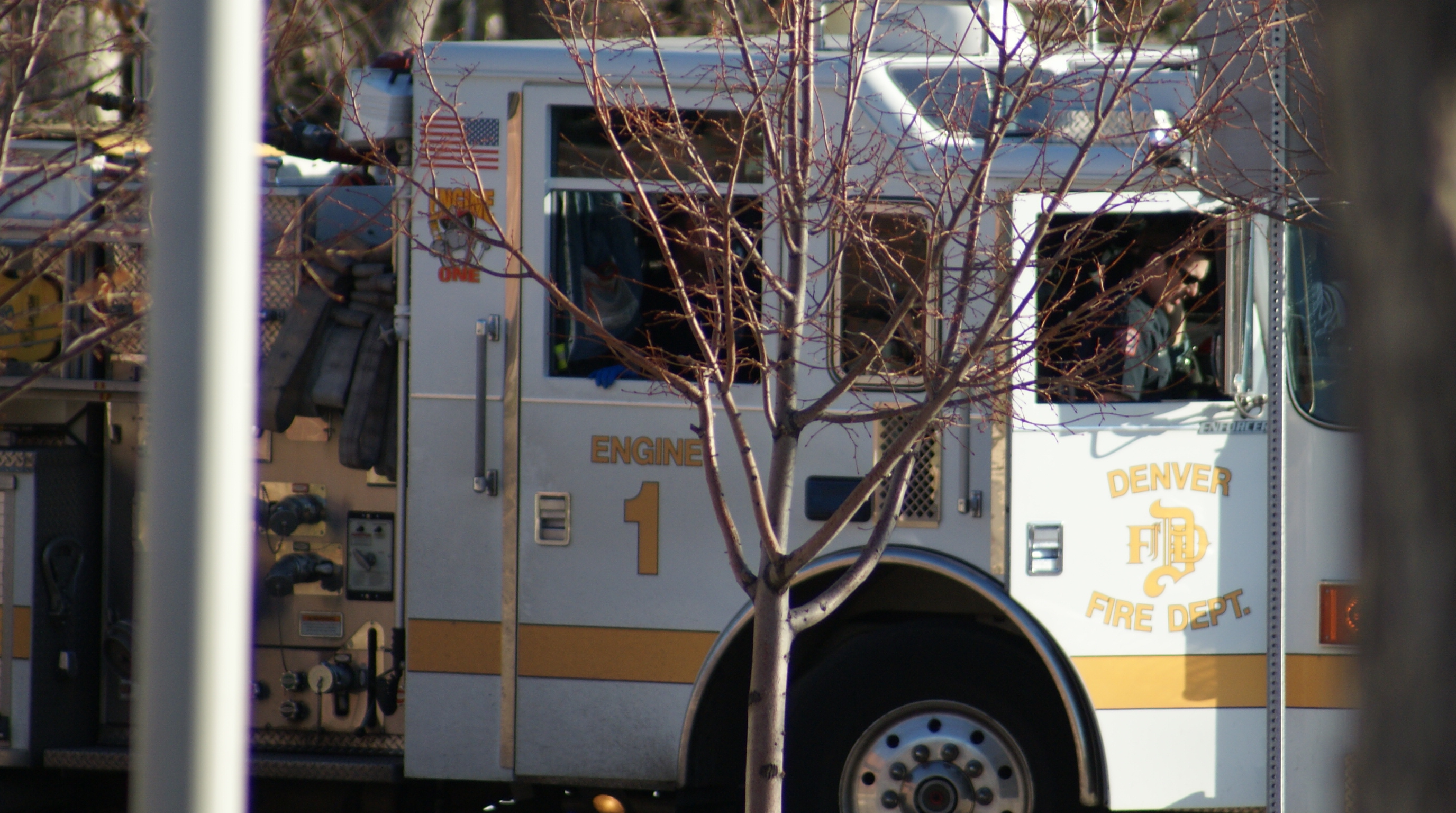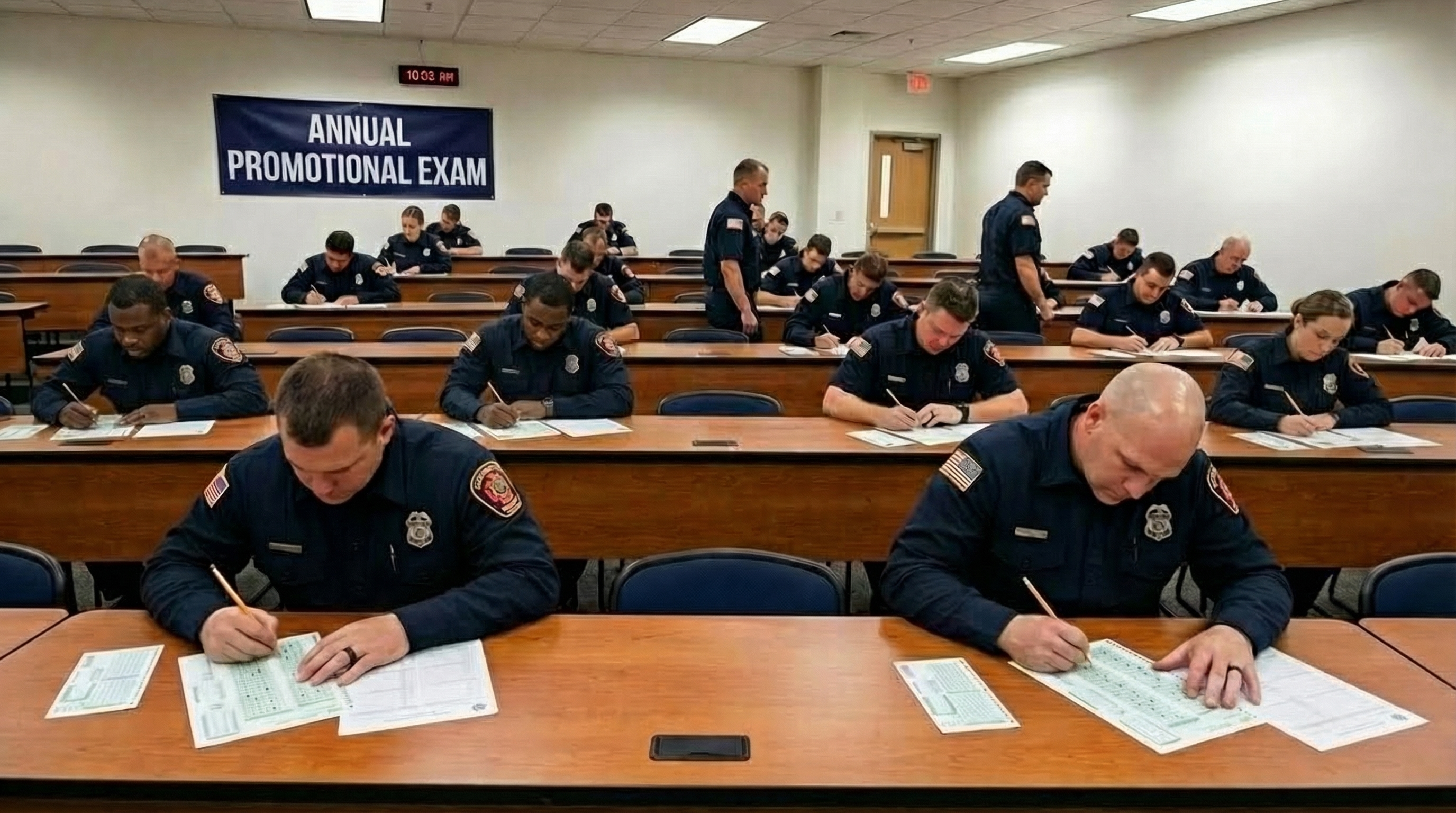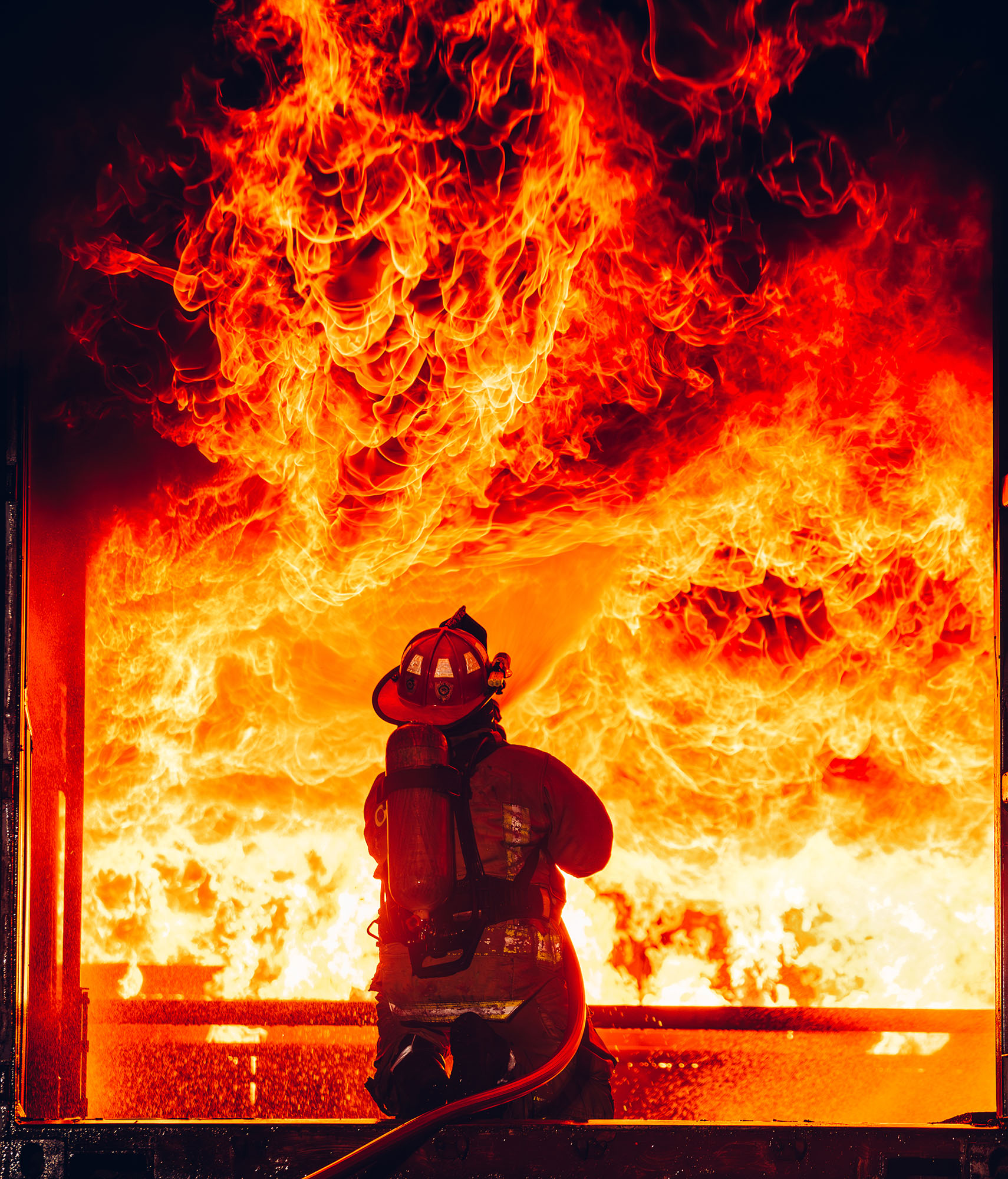I wish there was a magical formula that revealed exactly how many hours you need to study for a fire department promotion test. Spoiler — there isn’t. It’s a tough thing to figure out because there are no golden rules to tell us exactly what we need to do in order to pass. But there are a few variables that can help you get a better idea of the timeframe you’ll need to commit. Here are two factors and two theories to help determine how long you’ll need to study to reach your goal.
Two Factors
Only you will know the answer to these two factors. And you’ll need to honestly evaluate yourself if you want to shed some light on how much time you’ll really need to commit to studying.
-
How high do you want to score on the test? Do you just want to pass or do you want to rank number one? What is your goal with taking the test?
-
How familiar are you with the material on the test already? Have you taken the same test before, making you are somewhat familiar with the material already? Have you already done the job at a different department?
Answer these frankly, and you’ll start to get an idea of how much work you have ahead of you. Keep in mind, we know that study sessions with more focus and intensity spread out over a longer period of time are more effective for learning new material than longer cram sessions over a short period of time. It’s too easy to lose focus when we’re studying for hours on end, and it’s harder to retain the information. So if you’re going with option A — and we should all be going with option A — it’s important that you plan to begin studying for a promotion test far enough in advance that you can adequately space things out. But what’s a realistic hour count?
Two Theories
The first theory is the 10,000 Hour Rule, which states someone can become an expert at a skill after 10,000 hours of practice. If you plan two hours of studying a day, it would take you over 13 years to become an expert on the test material. And I don’t know about your department, but at mine, we don’t have that kind of time to prepare for a promotional test. Even if you studied eight hours a day, you would still need to study for more than three years if this theory is correct. The good news is that this theory doesn’t really apply to the fire promotion test. Firefighters aren’t necessarily trying to become experts — we’re just trying to prepare for a test, and, more importantly, become proficient at a specific set of skills. So, you can definitely cap your hours of study time well below the 10,000-hour mark.
This article argues that anyone can become reasonably competent at career skills with a mere 20 hours of deliberate practice. That sounds more like what firefighters are shooting at with a promotion test! I believe that a firefighter would see a significant increase in their knowledge for a promotion test with 20 hours of focused, high-energy studying. But think this through a little more. Is 20 hours enough to reach the goals you identified in the factors above? If you only studied two hours a week for three months, for a total of 24 hours of studying, would you feel prepared?
The Takeaway
Like most things in life, the answer is somewhere in the middle. Start within your goals and intentions, consider the amount of study materials you have at hand, and work backwards to decide on what is right for you. And if you’re struggling to visualize it, here’s a place to start.
Commit to one hour study sessions with high focus and intensity once a day. Complete these study sessions five days a week for five hours of study time every week. If you start studying three months before your test, which is the minimum I would recommend, you’ll log 60 hours of focused studying. That’s nowhere near the 10,000 hours you need to be an expert, but it’s three times the amount of hours required to show competency.

In all truth, there’s probably no limit to how much we should study for a promotion. The goal is to get promoted, but keep in mind that learning to do the job — and do it well — is part of the commitment. Trust the researchers who have identified the most effective study strategies, put in the hours, and do your best. Like most things, that’s what it really comes down to.





